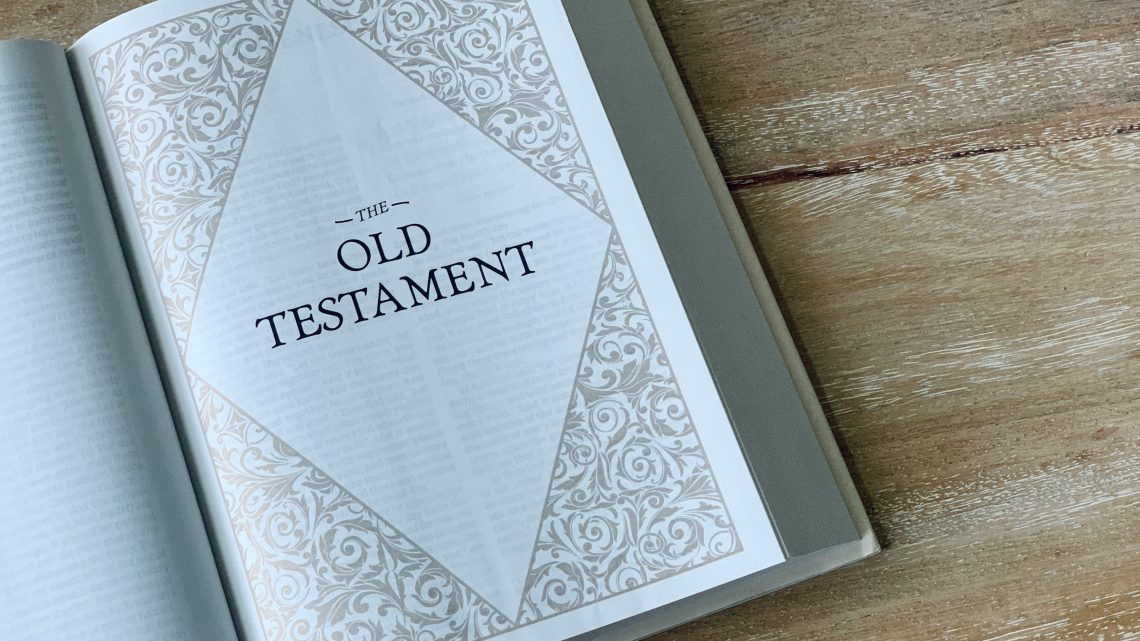Although there are only a few references to the Jubilee year in the Pentateuch it continued to play a major role both among the Israelites and in the emerging Christian church in the New Testament.

The Jubilee year assumed greater theological importance in Israel. Although there are only a few references to the Jubilee year in the Pentateuch (Leviticus 25 and Numbers 36:4) it continued to play a major role both among the Israelites and in the emerging Christian church in the New Testament.
Ezekiel 46:17 calls it the ‘year of liberty’. While Isaiah 61:1-2 speaks of it as ‘the year of the Lord’s favour’.
‘The spirit of the Lord God is upon me
because the Lord has anointed me;
he has sent me to bring good news to the oppressed,
to bind up the broken-hearted,
to proclaim liberty to the captives
and release to the prisoners,
to proclaim the year of the Lord’s favour
and the day of vengeance of our God,
to comfort all who mourn…’
In Daniel’s vision (9:24-27), he sees the eschatological messianic age of Yahweh to be inaugurated after “seventy weeks of years”. This can be equated with 10 jubilee years:
‘for putting an end to transgression,
for placing the seal on sin,
for expiating crime,
for introducing everlasting righteousness,
for setting the seal on vision and on prophecy,
for anointing the holy of holies.’
In Jeremiah 34:8-22 the liberation of slaves which King Zedekiah had ordered was not properly carried out. The Israelites reversed the agreement, reclaimed their slaves and re-enslaved them. Yahweh reprimanded the people and reminded them of their ancestral covenant with him and Jubilee protocol. Then Yahweh set war, famine and plague upon them in punishment. 2 Chronicles 36:21 also shows that Israel had failed to observe the sabbatical years in accordance with Jeremiah’s prophecy and was similarly punished.